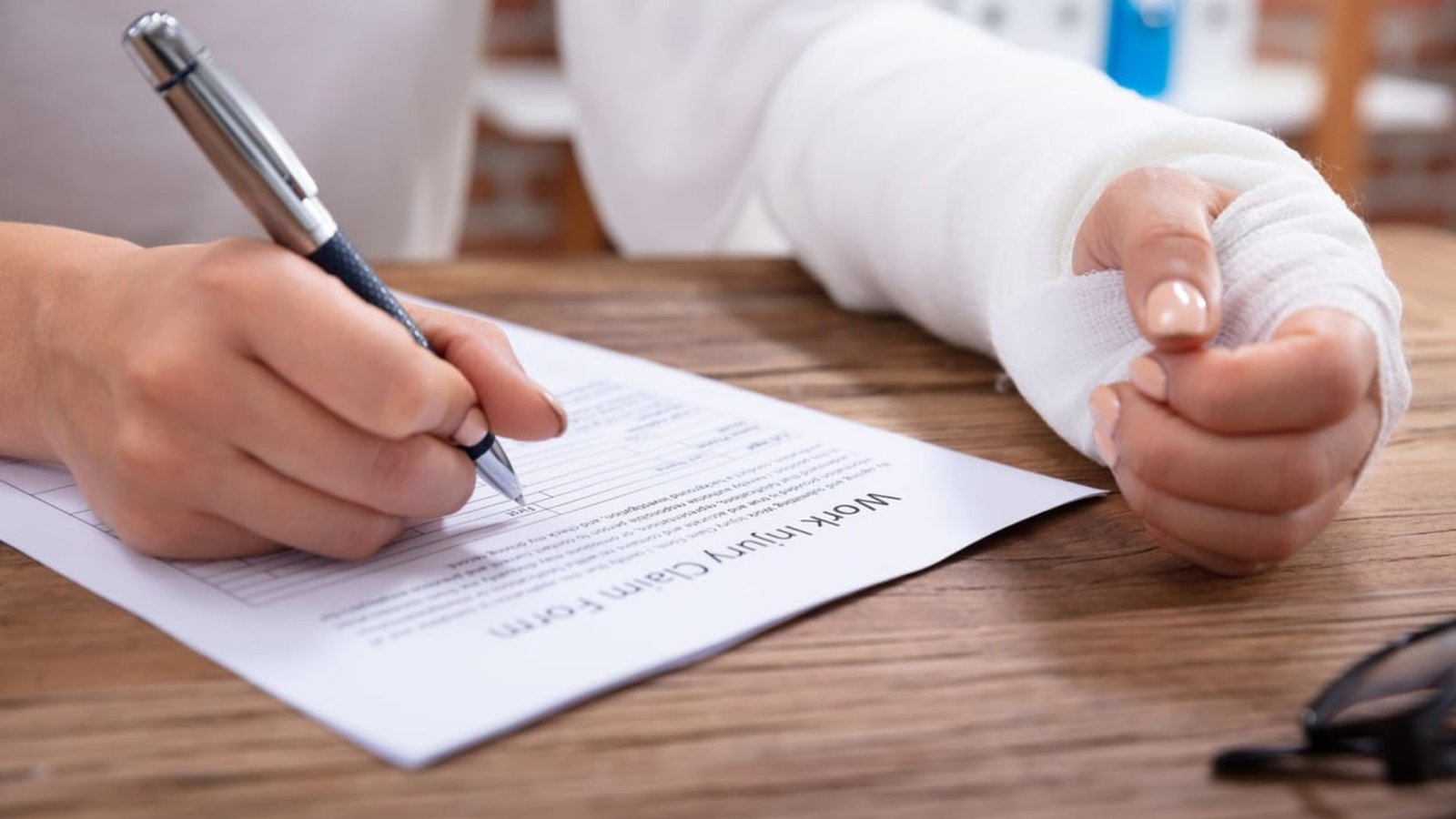If you’ve been injured due to someone else’s negligence, you may be entitled to compensation. Filing a personal injury claim is a way to seek justice and recover damages for medical bills, lost wages, pain, and suffering, and more. While the law process can seem overwhelming, understanding the steps involved can make it easier to navigate. In this guide, we will walk you through how to file a personal injury claim, ensuring you’re well-prepared to protect your rights and secure the compensation you deserve.

1. Seek Immediate Medical Attention
Before anything else, your health should always come first. If you are injured, seek immediate medical attention, even if you think your injuries are minor. Sometimes, symptoms can worsen over time, and getting a professional medical evaluation creates an important record of your injuries. This medical documentation will be crucial for your personal injury claim, as it will serve as evidence of the injuries you sustained and their severity.
2. Report the Incident
Whether your injury occurred in a car accident, at work, or in a public space, it’s important to report the incident to the relevant authorities. For example, if you were involved in a car accident, call the police and file a report. If your injury happened at work, inform your employer and file a workers’ compensation claim if applicable. Reporting the incident creates an official record, which can be useful when filing your personal injury claim.
3. Gather Evidence at the Scene
If you are physically able to, gather evidence at the scene of the incident. This is one of the most important steps you can take to support your personal injury claim. Take photographs of the accident scene, your injuries, and any property damage. Collect contact information for any witnesses, and if it’s a car accident, exchange insurance details with the other party. The more evidence you have, the stronger your claim will be.
4. Consult with an Experienced Personal Injury Lawyer
Navigating the legal process of filing a personal injury claim can be complicated, so it’s highly recommended to consult with an experienced personal injury lawyer. A lawyer will help you understand the legal aspects of your claim, including what evidence you need to gather, how to file the claim, and what damages you may be entitled to. Many personal injury lawyers work on a contingency fee basis, meaning they don’t get paid unless you win your case. This makes it easier for you to pursue a claim without upfront costs.
5. Notify the Insurance Company
After consulting with a lawyer, you will need to notify the insurance company of the injury. If the incident was a car accident, for example, contact your auto insurance company and provide them with the details. Similarly, if your injury happened at work or in a public place, the responsible party’s insurance company should be notified. Be prepared to provide documentation such as the accident report, medical records, and any evidence you’ve collected.
It’s important to remember that insurance companies often try to minimize payouts, so be cautious when discussing the details of your injury with them. Having a lawyer by your side can help protect you from any attempts to reduce the value of your claim.
6. File the Personal Injury Claim
Once you’ve gathered evidence and notified the necessary parties, you’ll need to file your personal injury claim. This will involve completing paperwork and submitting it to the responsible party’s insurance company or, in some cases, filing a lawsuit in court. Your lawyer can help you prepare the paperwork and ensure everything is filed correctly. Make sure you meet all deadlines, as missing a filing deadline can result in the dismissal of your claim.
Key Components of Your Claim:
- Documentation of Medical Expenses: Include bills, medical records, and receipts for treatments related to your injury.
- Lost Wages: Provide evidence of your lost income, such as pay stubs or tax returns.
- Pain and Suffering: While harder to quantify, your lawyer will help calculate compensation for emotional distress, physical pain, and mental anguish.
- Property Damage: Include receipts for any repairs or replacements resulting from the incident.
7. Negotiate a Settlement
After your personal injury claim is filed, the insurance company or the defendant may offer a settlement. This is a lump-sum payment to resolve the claim without going to court. Often, insurance companies will offer a settlement quickly to avoid the costs and time associated with a trial.
Before accepting any settlement offer, it’s critical to consult with your lawyer. Insurance companies often offer less than what you deserve, so your lawyer can help negotiate a fair settlement that covers all your expenses, lost income, and other damages.
8. Proceed to Trial if Necessary
If the insurance company offers an unfair settlement or refuses to offer a reasonable settlement, proceeding to trial may be necessary. Your lawyer will represent you in court, where a judge or jury will hear your case and determine the outcome. Keep in mind that going to trial can be time-consuming and costly, but it may be the only option if a fair settlement cannot be reached. Your lawyer will guide you through this process and help you prepare for the court proceedings.
9. Receive Compensation and Close the Case
If you win the case or reach a fair settlement, you will receive compensation for your injuries. Compensation typically covers medical expenses, lost wages, pain and suffering, and other related costs. Once the compensation is paid out, your personal injury claim is closed.
However, it’s important to remember that the process may take time. Depending on the complexity of your case, it could take several months or even years to reach a final resolution. Throughout the process, your lawyer will work diligently to ensure that you receive the maximum compensation available.
Conclusion
Filing a personal injury claim is a step-by-step process that requires careful attention to detail and a strategic approach. From seeking medical care to gathering evidence and consulting with a lawyer, each step plays a crucial role in ensuring you receive the compensation you deserve. By understanding the process and working with an experienced lawyer, you can navigate the legal complexities of your personal injury claim and increase your chances of securing a favorable outcome. Always remember to act promptly, as there are statutes of limitations that could affect your ability to file a claim.











